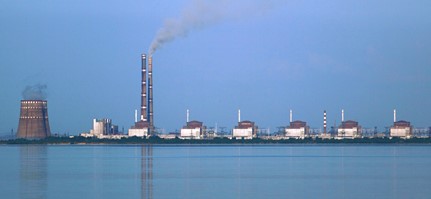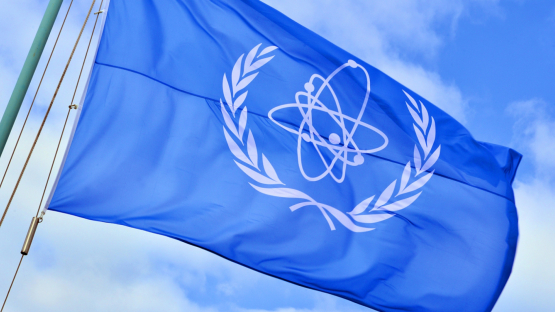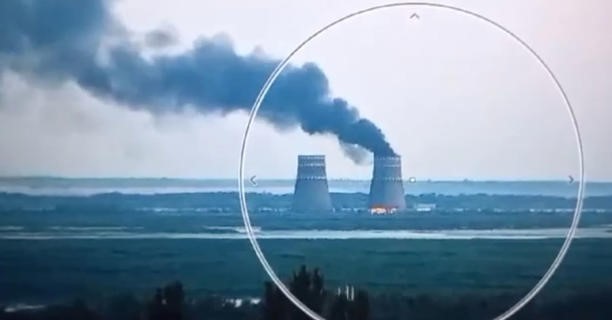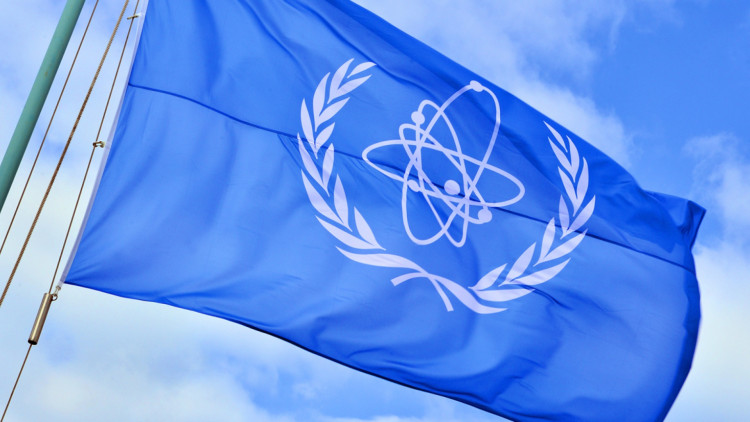Faulty communication: As has often been said, “the first casualty of war is truth,” and actual facts on the ground about the Ukraine conflict have seemed especially difficult to pin down. Since March, when Russian troops seized control of the city of Energodar, where the Zaporizhzhia plant is located, there have been back-and-forth accusations that both Russian and Ukrainian forces have launched artillery attacks on the nuclear facility.
The IAEA reports that it has had only limited—“faulty” and “patchy”—contact with the Ukrainian technical staff who continue to work in the Russian military-controlled nuclear plant. Moreover, the IAEA’s connection with the plant’s electronic surveillance system has been repeatedly lost. Grossi stated, “We can’t afford faulty communication with the plant in areas relevant to safety. We know of allegations that live ammunition is stored in the plant, that there are attacks on the power plant. Frankly, if I don’t have access, I can’t determine that. There are contradictions between the accounts of the Russian and Ukrainian sides.”
Multiple risks: According to the New York Times, Russian forces have positioned multiple rocket launchers between reactor buildings at Zaporizhzhia “to protect them from retaliatory strikes.” The Russians have also reputedly parked military vehicles in the turbine room of a reactor building, blocking a fire access route. In addition, Times reports that last Friday “a huge, roiling plume of black smoke rose a few miles south of the reactors at Zaporizhzhia, and the Ukrainian military said it had hit a Russian ammunition depot.”
Aside from the risks to the nuclear plant and its stored spent fuel from possible artillery hits, there is concern about the “fatigue and stress of the Ukrainian control room employees,” according to the Times, who have allegedly been subjected to “harsh interrogation” by Russian soldiers.
Support for Ukraine’s nuclear workers: The ANS–European Nuclear Society Ukrainian Nuclear Workers Humanitarian Fund was set up earlier this year to help nuclear professionals and their families in need during the conflict with Russia. All donations go directly to the Ukrainian Nuclear Society for essential medical supplies, personal protective equipment, batteries, flashlights, warm clothes, food, and other items. More than $100,000 has been raised—and this help has been crucial for the Ukrainian nuclear professionals to continue their work under such dangerous and stressful conditions. Donations can be made at https://www.ans.org/donate/form/appeal-ukraine/.
Ongoing discussions: The IAEA is continuing discussions with both the Russian and Ukrainian sides to urgently establish security zones around Zaporizhzhia and other nuclear plants in Ukraine and to arrange a safe IAEA visit to Zaporizhzhia. Grossi, who delivered a keynote speech Monday at the United Nation’s Tenth Review Conference of the Parties to the Treaty on the Non-Proliferation of Nuclear Weapons, noted that the IAEA’s presence at Zaporizhzhia would serve as a deterrent to any attacks on the facility.









